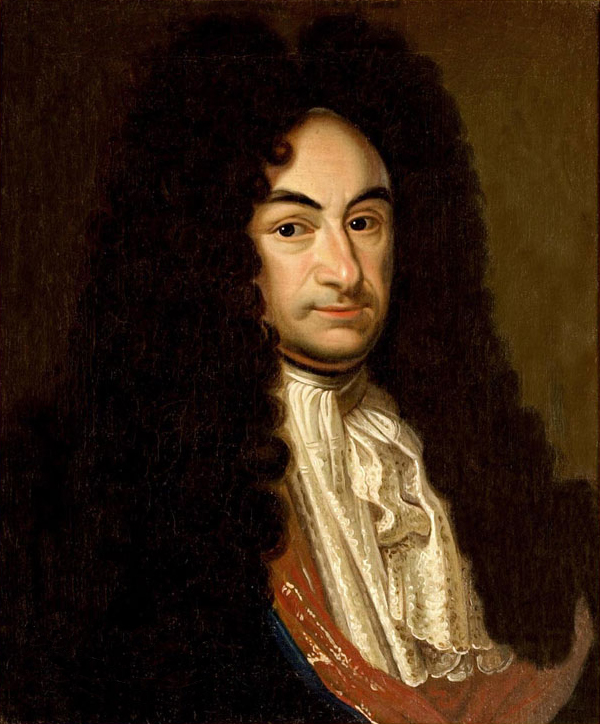At the end of the Summer, The New York Times Book Review ran a review of Anthony Gottlieb’s “The Dream of Enlightenment” an examination of the work of the philosophers that ushered in and oversaw the Age of Reason, a period he dates from the 17th century and the work of Descartes up through the days immediately preceding the French Revolution. This is a time period that includes the birth of the United States of America under the aegis of a group of statesman, plantation owners, lawyers and such, a significant number of whom were Freemasons, Pantheists and others looking to reconcile the mystical and scientific worldviews. The following century would see the rise of occultism and alternative spiritual paths that some would feel were a natural outgrowth of the Enlightenment. It’s useful to keep in mind that the discipline of Philosophy, “love of wisdom,” encompassed a wide range of subjects including mathematics, physical and theoretical sciences and spirituality. The early 20th century saw the formation of an organization with the motto “The Method of Science, the Aim of Religion”
The book review includes some interesting observations including that might seem familiar to Thelemites:
“Leibniz was inclined ‘to confuse his own mind with that of God.’ [sound familiar, Lon?]…
“…even Leibniz, whose interests ranged from waterworks and proto-computers to the secret order of the universe, insisted on the intimate relations of thought and substance, claiming ‘not only that matter cannot account for mind but that mind is needed to account for matter.’”
Read the article here:

